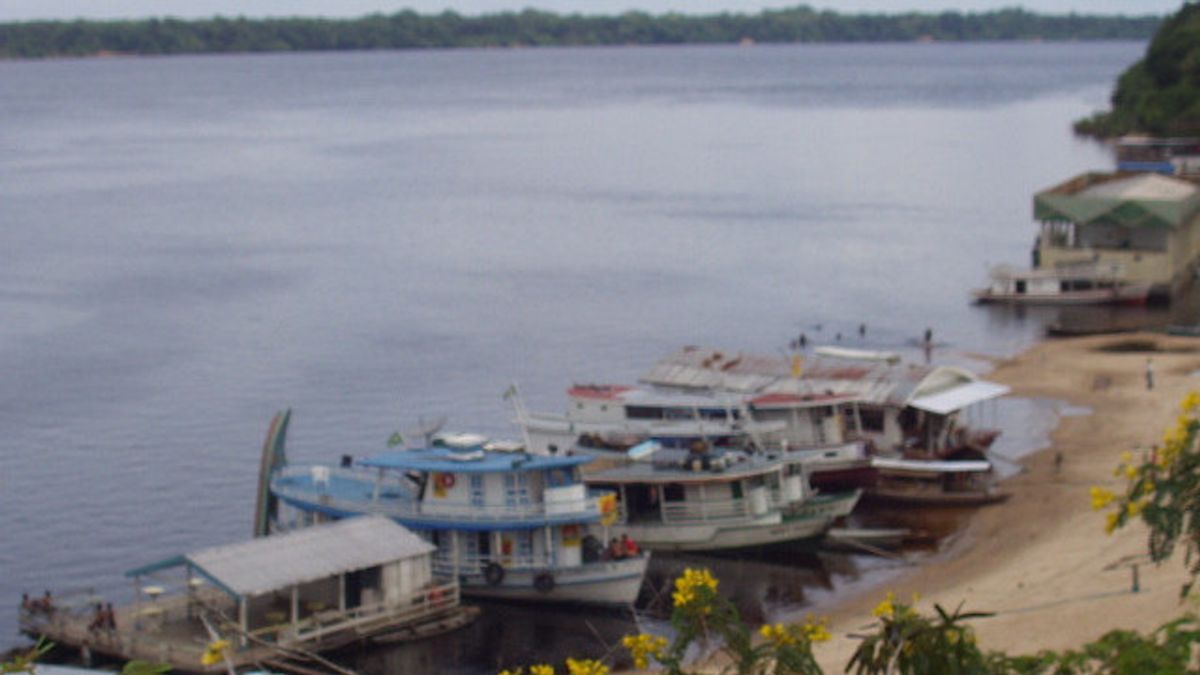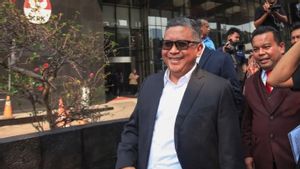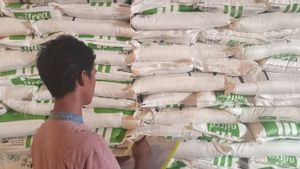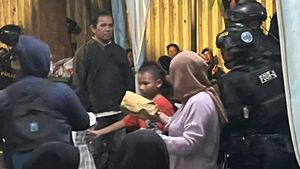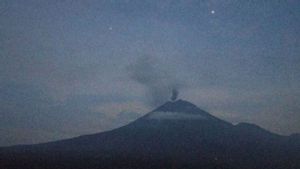JAKARTA - When the COVID-19 outbreak in Brazil skyrocketed to one million cases, medical workers must be alert in all conditions. COVID-19 does not only occur in big cities, but in various corners of the country. In fact, COVID-19 is endemic in remote areas at the mouth of the Amazon River.
The cities of Belem and Macapa, which are located at the mouth of the Amazon River, have become the main hotspots for COVID-19 in April and May. This virus then spreads far to the surrounding rural areas.
Launching Reuters, Friday, June 26, there are settlements floating along the river. Most of the families survive by fishing and harvesting local fruit.
They make not much money in a day. Physical distancing is almost impossible to do in the wooden huts that are built close together. Many residents do not have cell phones and it takes a day or more to reach the nearest health center.
Medical accessThe situation is exacerbated by the spread of COVID-19 in this area. Local authorities' health records report that hundreds more have tested positive for COVID-19. The severity of COVID-19 in the region is due to late diagnosis and medical treatment.
However, public health workers have a higher determination to reduce the transmission rate. They decided to go to the residents' homes and take the patients to the health center by boat, even though it took hours.
"It's quite complicated due to difficult access," said Alex Glaison, a medic, after treating a patient at a riverside home.
Some residents live 36 hours from the city center. It makes health care a nightmare. This was conveyed directly by Nizomar Junior, the city health authority in Portel, a small town across the river from Marajo Island. He led widely dispersed medical teams to travel for hours, often battling the unexpected currents of the Amazon River.
Maria Luiza Costa, a farmer, is one of those isolated residents. She and her mother had headaches and flu-like symptoms. However, they could not confirm it themselves because they had to wait for health workers who took hours to come to them.
Costa is still fortunate to have received medical treatment. Another story is different from a resident named Andrelina Bizerra da Silva. He previously experienced unbearable shortness of breath. His family then tried to take him to a nearby health center by dumping him in a small boat and down the winding river to the nearest health clinic in the city of Portel.
However, because the health center did not have sufficient facilities to treat Silva, officials directed them to the largest hospital nearby, in the city of Breves, which is further away. Six hours had passed when they arrived at Breves. Silva has passed away.
"To be honest, there are a lot of negative thoughts between us," said his nephew, Felipe Costa Silva, after traveling home in a coffin on the same ship.
"How long will this last? How many people will die?" he added.
For many residents, the COVID-19 pandemic has a slight upside. This is because for the first time the medical team came to them directly. This is a relief for some, but it can cause anxiety.
Because, if there are relatives who have to get treatment, it means they have to give up their relatives to go far to the place of care. They have no means of communication, which makes them not sure what will happen to their relatives. It can be recovered, it may not come back.
One resident, Andreza Lima de Cruz, witnessed doctors in a floating ambulance taking his father to a hospital in Portel after testing positive for the coronavirus. "We knew that arriving there, there was no certainty that he would return," Lima said. “I really want you to stay here. But we also have to think about their health, "he said.
The English, Chinese, Japanese, Arabic, and French versions are automatically generated by the AI. So there may still be inaccuracies in translating, please always see Indonesian as our main language. (system supported by DigitalSiber.id)
